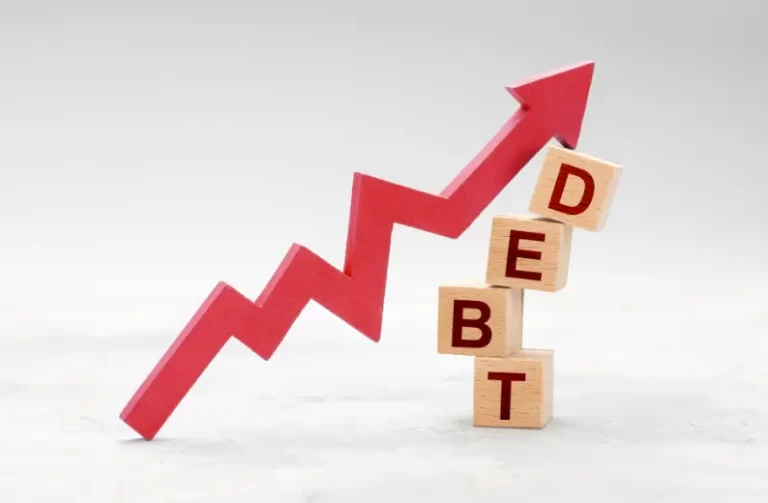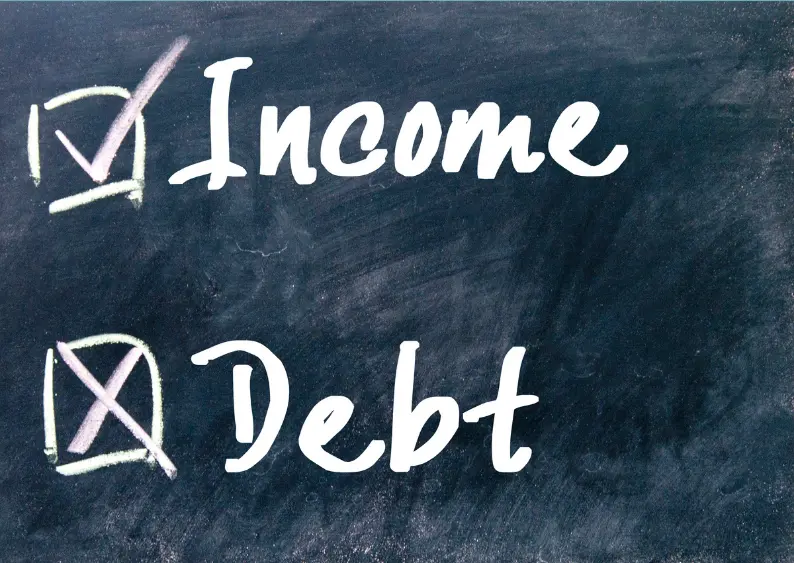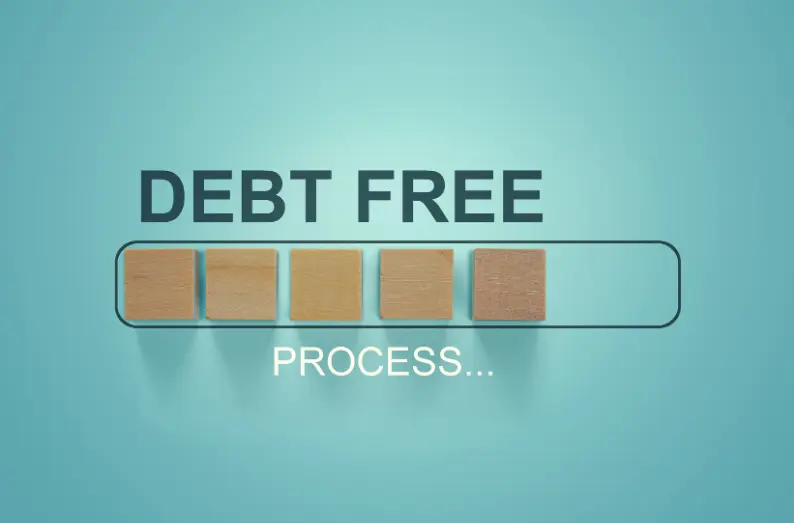Discover what a mortgage comparison rate really reveals beyond the...
Read More
Debt consolidation combines multiple debts into a single loan, aimed at lowering interest rates and simplifying monthly payments. This article covers what debt consolidation is, its benefits, types of debts that can be consolidated, how to choose the right loan, and more.

Debt consolidation involves combining multiple debts into a single consolidated loan. The main goal is to reduce fees, charges, and the overall interest rate on your debts, making them easier to manage and pay off. Imagine turning a chaotic pile of bills into a single, streamlined monthly payment—sounds like a dream, right?
Debt consolidation combines multiple debts into a single personal loan with one consistent interest rate and repayment schedule. This simplifies debt management, easing both mental and financial strain. However, addressing the root causes of your existing debt is essential. Without changing underlying financial behaviours, consolidation alone won’t prevent future financial difficulties.
Debt consolidation can be a powerful financial tool, but it’s not a magic deal. Knowing its mechanics and objectives is the first step toward making a wise financial decision.

Combining various debts into a single existing loan can significantly simplify repayment and reduce stress. Imagine the peace of mind that comes from having just one payment to worry about each month. This simplicity can be a game-changer for anyone struggling to keep track of multiple debts.
Debt consolidation can enhance budget management by turning multiple financial obligations into one regular payment. This fixed schedule offers better control over finances and helps maintain budget discipline. Additionally, it can reduce fees and overall interest costs, making it a financially wise choice.
Debt consolidation offers more than just financial savings. It provides psychological relief, a clearer financial path, and the potential for greater financial stability. These benefits make it a popular choice for many.
Let Triple O Finance help you consolidate with confidence.
Not all debts are created equal, and some are more suitable for consolidation than others. Common types of debt that are typically consolidated include high-interest credit card balances, personal loans, and other unsecured debts.
Credit card debt is often ideal for consolidation due to its high interest rates. By consolidating this debt, you can significantly reduce monthly payments and overall interest expenses. High-interest personal loans can also be consolidated to achieve similar savings.
Focus on consolidating unsecured debts with high-interest rates to maximize the benefits of debt consolidation and streamline financial obligations.

Choosing the right debt consolidation loan requires careful evaluation. First, assess whether the new loan will save you money compared to your existing loans. Ideally, a debt consolidation loan should offer a lower interest rate than the average rates of your existing debts.
Eligibility for a personal loan often depends on your credit score, income, and debt-to-income ratio. Improving your credit score before applying for a loan application can significantly reduce interest costs. You can find more information on credit score here.
However, beware of offers that seem too good to be true, as they often come with hidden costs such as early repayment penalties or application fees.
Ensure the lender is licensed and listed on ASIC’s site to avoid untrustworthy companies. By thoroughly researching and evaluating your options, you can choose a debt consolidation loan that best suits your financial situation.
Consolidating multiple debts into a personal loan can simplify your finances by converting several payments into a single monthly obligation. Personal loans typically have lower interest rates than credit cards, which can lead to overall savings on interest payments.
A personal loan provides a consistent repayment plan schedule, simplifies repayments, and makes budget management easier while repaying the repayment amount using personal loan calculators to improve cash flow.
When using a personal loan for debt consolidation, borrow only the amount needed to optimize benefits. Careful consideration and strategic use of personal loans can effectively consolidate debts and improve financial health.

Start by gathering information about all your current debts, including total amounts and interest rates. This overview will help you decide if debt consolidation is right for you. Use a personal loan calculator to estimate potential repayments and evaluate financial benefits.
Adjust your budget to establish a sustainable financial plan that allocates funds for both needs and savings. A clear timeline for debt repayment can serve as a strong motivator. These steps can help create a path toward financial stability.
Debt consolidation can significantly impact your credit score. Managing a single debt can improve your ability to rebuild credit. Combining multiple debts into one loan can improve your credit utilisation ratio—a key factor in determining your credit score.
Timely payments on a personal loan for debt consolidation can improve your credit scores over time. However, obtaining such a loan may lead to hard inquiries on your credit report, temporarily lowering your score. Opening a new account can also reduce the average age of your credit accounts, potentially impacting your score.
Timely payments are crucial to avoid negative marks on your credit score. Understanding these dynamics can help you make informed decisions about debt consolidation.

Debt consolidation is one of several options for managing debt. Nonprofit credit counseling agencies can provide tailored financial plans without high costs, and engaging with a financial counselor can offer free advice on effective debt management.
Proactively communicating with creditors and credit providers can lead to manageable payment plans and reduced debt levels. Consulting your mortgage provider for assistance is another alternative. Exploring other debt management options like balance transfer cards or home equity products can also be beneficial.
By considering these various aspects of alternatives, you can find the best strategy for managing your business financial situation at the lowest possible cost.
Using your home or car as security for a loan poses a significant risk, as these assets may be forfeited if you cannot repay the loan. Consider all other options before using your assets as collateral to ensure a wise decision.
Consult your mortgage provider before using your property as collateral. Lenders may offer support programs if you face difficulty managing payments. Adjusting loan terms, like extending repayment periods, can also help alleviate financial hardship.
By taking these precautions, you can protect your assets while managing your debts effectively and ensure you owe less in the long run.
A common mistake is not changing spending habits after consolidating debt, which can lead to increased overall debt. Making only minimum payments can also increase long-term costs. Paying interest more when possible helps reduce the overall debt burden.
Debt consolidation can create a false sense of financial relief, leading to overspending.Opting for the longest loan term may lower your monthly repayments, but it can significantly increase the total interest paid over time. Being aware of this trade-off helps you maximise the benefits of debt consolidation.
In summary, debt consolidation can be a powerful tool for managing your finances, simplifying repayment, and reducing overall interest costs. However, it’s crucial to understand your financial behaviours and make informed decisions. Evaluating the benefits, selecting the right loan, and protecting your assets are essential steps in the process.
By avoiding common mistakes and considering alternatives, you can make the most of debt consolidation and regain control over your financial future. Remember, the goal is not just to manage debt but to create a sustainable financial plan that leads to long-term stability and growth.
Take charge of your finances today and pave the way for a brighter financial future.
At Triple O Finance, we help Australians take control of their finances through smart, tailored debt consolidation solutions. Whether you’re juggling high-interest credit cards or multiple personal loans, our experienced brokers compare over 35 lenders to find you the most cost-effective way to simplify repayments, reduce interest, and protect your financial future.
Debt consolidation is the process of merging various debts into one loan, allowing for easier management and potentially lower interest rates. This approach simplifies repayment and can enhance financial stability.
You can consolidate credit card debt, personal loans, and various other types of unsecured debts. This can simplify your financial management and potentially lower your interest rates.
Debt consolidation can enhance your credit score by simplifying payments and improving your credit utilization ratio; however, it may temporarily lower your score due to hard inquiries.
Alternatives to debt consolidation include nonprofit credit counseling, proactive communication with creditors, and utilizing balance transfer cards. These options can provide various strategies to effectively manage debt without consolidation.
To effectively consolidate debt, avoid failing to change your spending habits, making only minimum payments, and selecting the longest loan term possible. These mistakes can hinder your progress in becoming debt-free.

Ashish is the Co-Founder of Triple O Finance, beginning his finance career in 2018. He specialises in residential and commercial lending, asset finance, and investment portfolio strategies. Ash holds a Graduate Certificate in Management, a Bachelor of Justice Studies, and a Diploma in Mortgage Broking & Finance. Recognised as an Elite Broker by both CBA and NAB—a distinction awarded to top-performing brokers—Ash consistently delivers high-quality outcomes. He is passionate about helping clients make informed, evidence-based financial decisions through trusted partnerships and expert advice.
Discover what a mortgage comparison rate really reveals beyond the...
Read MoreStruggling with multiple debts? Learn how debt consolidation can simplify...
Read MoreAllied health professionals could save up to $50,000 on their...
Read MoreDiscover how the Reserve Bank of Australia's (RBA) decision to...
Read More